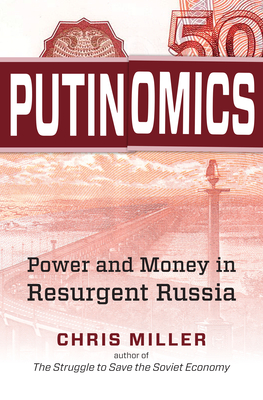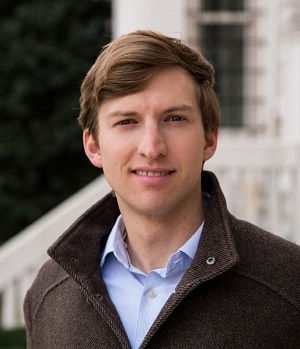
Putinomics:Power and Money in Resurgent Russia
Book Summary
The collapse of the Soviet Union in 1991 left Russia with economic malaise, rapid inflation and a sharp escalation in foreign debt. Even after the collapse, the Russian Federation, the country with the largest land mass, a population of 143 million and spanning multiple continents with 11 time zones and sharing borders with 14 nations. What happens in Russia does matter.
Back in 1991, the newly formed bankrupt nation struggled for another eight years before Vladimir Putin rose to lead Russia. By the time President Putin took control of the Kremlin’s bureaucracy, Russia had already defaulted on its foreign debt, shortages were widespread and the hold of the central government was weakening in the far flung regions of the country. In other words, Russia’s rule barely mattered and the looting of the nation continued.
In Putinomics, Professor Chris Miller offers a detailed account of how president Putin perceived the nation’s problems and how he went about setting the priorities for his administration. Putin applied a methodical and pragmatic approach in getting the nation’s finances in order, tightening the control of the state and maintaining stability in the nation. But it all came at a huge human cost.
This is the story of a nation that managed to rise from its bankruptcy at birth to accumulating $600 billion in its sovereign wealth fund in less than a decade. In a well-researched historical account drawn from various Russian records, Professor Miller offers insights into various economic challenges faced by Putin and how he reestablished his brand of personal politics, mended Russia’s finances and held in check the power of oligarchs.
However, Putin ended up replacing one group of oligarchs with another, failed to check the widespread corruption at the highest level of government and he has still not found a way to steer Russia’s economy away from its dependence on oil and gas. As Russia faces decades of stagnation ahead, younger and more ambitious generations will continue to leave, private businesses will remain strangled as Putin and his likely successor are expected to keep a tight control of the state across the economy.
